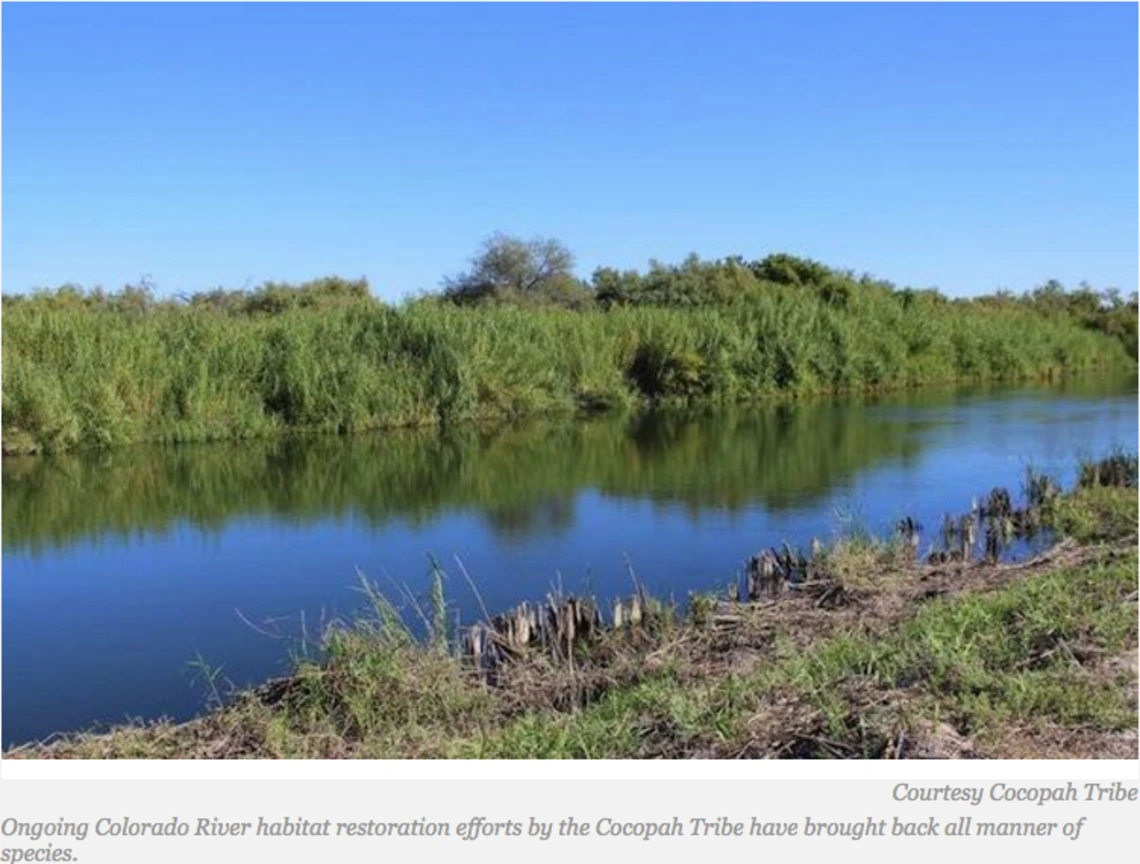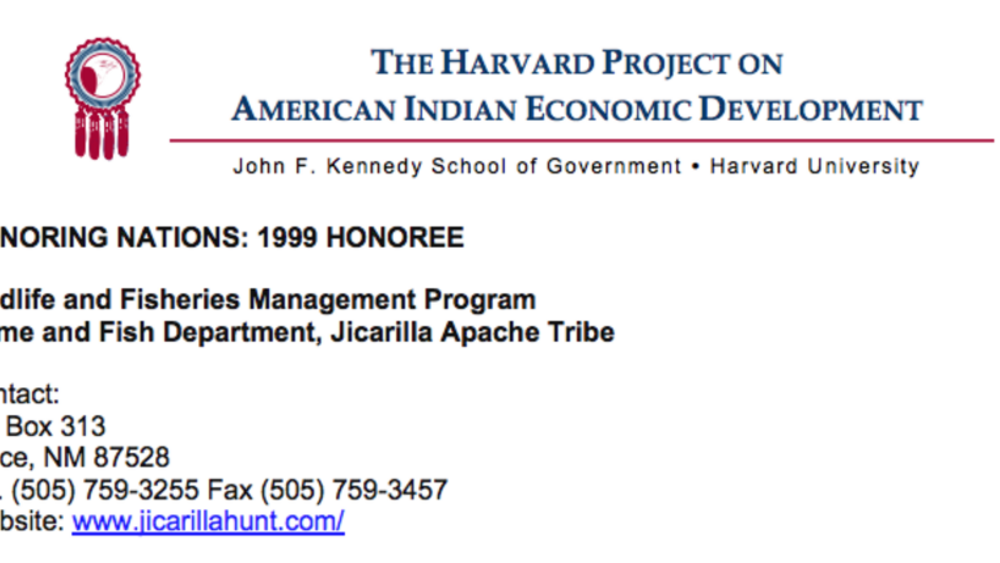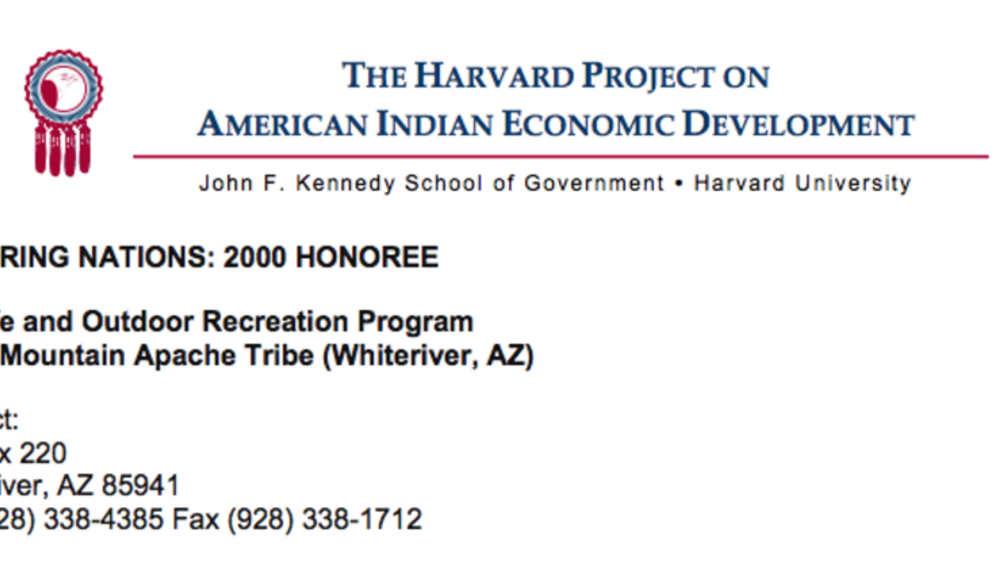The news is full of sad stories about dying animals, species of all kinds being wiped out, and the random shooting of animals, among other depressing events. Amid all that it’s easy to forget that efforts aplenty are afoot to reverse the declines, save species, restore habitat and pull endangered animals back from the edge of extinction. The animals and birds are our brothers and sisters, after all.
Here are seven examples of tribal initiatives that are taking back the spirit of environmental stewardship–be they restoring the land, reintroducing species or creating safe conditions for their intersection with modern human life...
Additional Information
Hansen, Terri. "7 Tribal Programs That Protect Our Winged and Four-Legged Brothers." Indian Country Today Media Network. August 26, 2014. Article. (https://ictnews.org/archive/7-tribal-programs-that-protect-our-winged-and-four-legged-brothers, accessed February 23, 2023)



